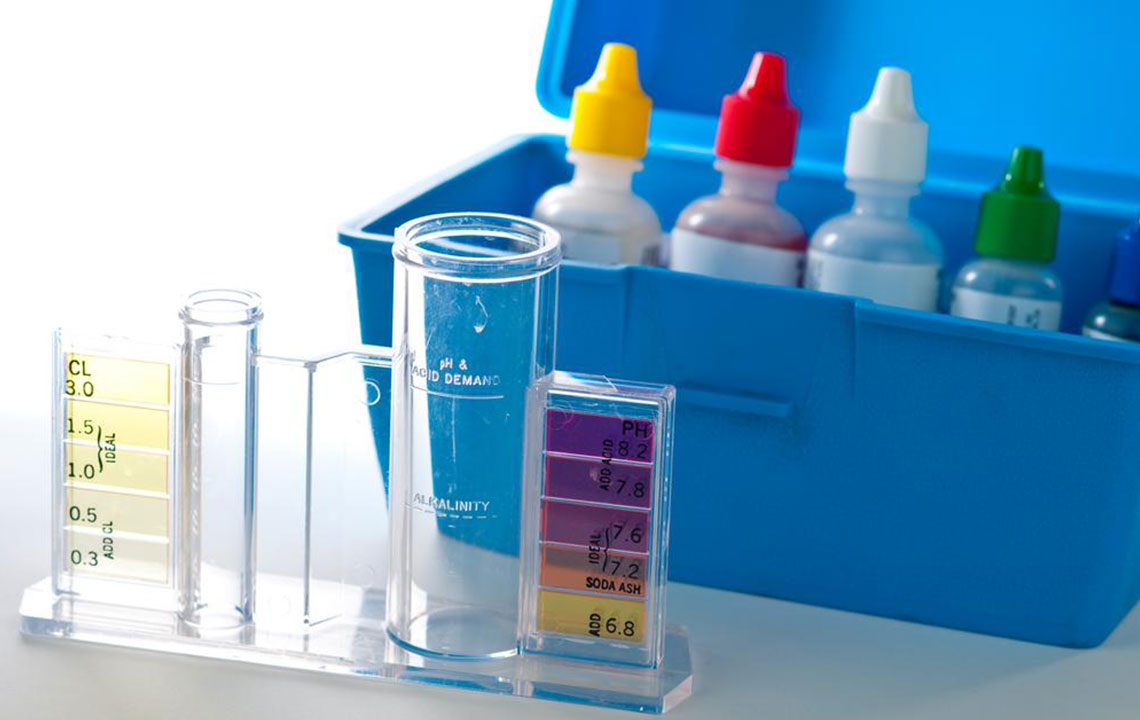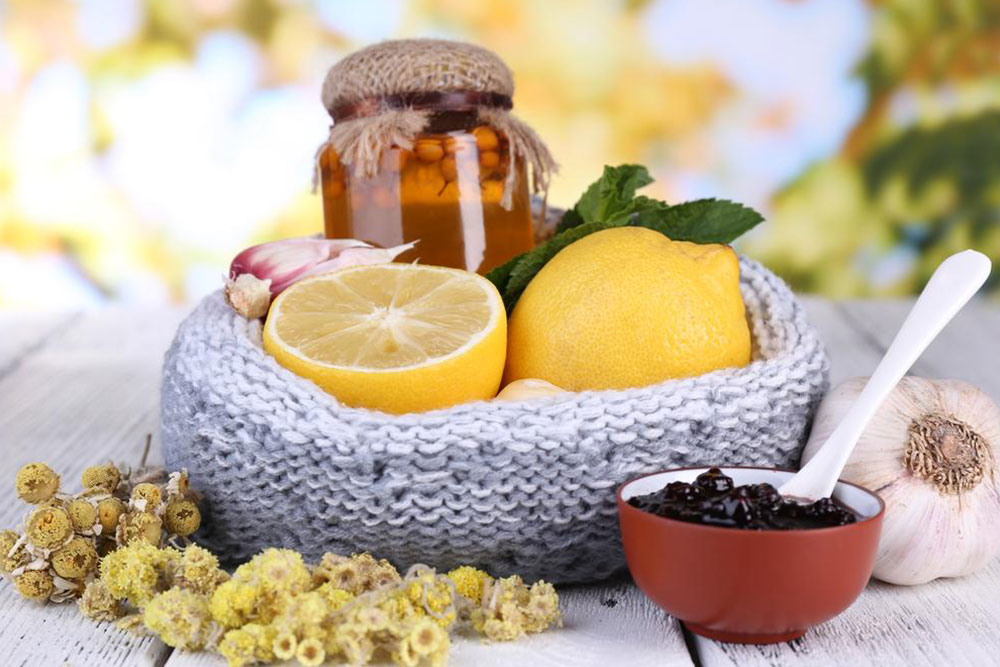Comprehensive Natural Approaches to Lower Uric Acid Levels
Discover effective natural methods to lower uric acid levels, including dietary adjustments, hydration tips, and lifestyle changes. These strategies can help prevent gout and kidney issues by maintaining healthy uric acid balance. Explore proven approaches like reducing purine intake, increasing antioxidant-rich foods, and staying well-hydrated to support overall health and well-being.

Comprehensive Natural Approaches to Lower Uric Acid Levels
Uric acid is a byproduct generated during the breakdown of purines within the body. Under normal circumstances, uric acid dissolves in the bloodstream and is eliminated through the urinary system. However, when consumption of purine-rich foods surpasses the body's ability to process them efficiently, uric acid can accumulate, leading to elevated levels in the blood—a condition known as hyperuricemia. This excess can result in gout, kidney stones, and other health complications. Maintaining a proper balance involves diet management, lifestyle changes, and awareness of factors affecting uric acid metabolism. Adopting strategies that naturally lower uric acid levels is essential for promoting overall health and preventing related diseases.
Effective methods to manage and reduce uric acid levels focus on dietary adjustments, lifestyle habits, and health monitoring. These strategies include limiting foods and drinks that promote uric acid buildup, incorporating anti-inflammatory and alkalizing foods, maintaining hydration, and managing body weight carefully. Taking a holistic approach not only helps prevent gout and kidney problems but also supports overall well-being. Below are detailed actions for natural uric acid management:
Limit Intake of Fructose-Containing Beverages
Sugary drinks such as sodas, fruit juices, and sweetened beverages are high in fructose, which can raise uric acid levels by increasing purine metabolism. These drinks lack nutritional benefits and can promote insulin resistance, which further exacerbates uric acid retention. Opt for water, herbal teas, or infused waters to stay hydrated without contributing to uric acid spikes. Incorporating natural fruit infusions with slices of citrus or berries enhances taste without added sugars.
Reduce Alcohol Consumption
Alcohol, especially beer and spirits, plays a significant role in increasing uric acid levels. Beer contains yeast and other purines, making it particularly problematic. Alcohol causes dehydration by promoting fluid loss, impairing the kidney’s ability to eliminate uric acid. Limiting or avoiding alcohol altogether can drastically decrease the risk of hyperuricemia. Moderate wine consumption may have less impact, but it’s best to consume in moderation. Staying well-hydrated when consuming alcohol and choosing healthier alternatives can mitigate these effects.
Control Inflammatory Processes
Chronic inflammation can contribute to higher uric acid levels by disrupting normal metabolic pathways. Incorporating anti-inflammatory foods such as turmeric, ginger, leafy greens, and omega-3 fatty acids helps attenuate inflammation. Additionally, foods that alkalize the blood help reduce acidity, which is associated with uric acid precipitation. Avoid processed foods, refined sugars, and unhealthy fats to support a balanced inflammatory response in the body.
Maintain a Healthy and Steady Body Weight
Excess weight significantly increases the risk of hyperuricemia because metabolizing higher fat reserves and purine-rich foods contributes to elevated uric acid. However, rapid or extreme weight loss can temporarily raise uric acid levels due to increased cellular turnover and dehydration. The key is gradual weight reduction through a combination of balanced diet and regular physical activity. Structured weight management plans suitable for your body type and health status promote sustainable results while minimizing adverse effects.
Prioritize Adequate Hydration
Drinking plenty of water is crucial for flushing out uric acid through the kidneys. Aim to consume at least 8-12 glasses of water daily, with increased intake during hot weather or physical activity. Adding a splash of lemon or lime not only enhances taste but also provides vitamin C and citric acid, supporting kidney function. Proper hydration dilutes uric acid concentration in the blood and urine, facilitating its excretion and preventing crystal formation.
Monitor and Regulate Blood pH Levels
An acidic blood environment can predispose individuals to higher uric acid levels. Consuming alkaline-forming foods such as vegetables, fruits, nuts, and seeds helps maintain a balanced pH. Reducing intake of acid-forming foods like processed grains, red meat, and dairy can further support this balance. Regularly checking blood pH and adapting dietary habits accordingly can aid in controlling uric acid levels effectively.
Adopt a Uric Acid-Friendly Diet
Diet plays a vital role in managing uric acid levels. Reducing the intake of purine-dense foods is essential. Limit red meats, organ meats such as liver and kidneys, seafood like shellfish and sardines, and certain vegetables including peas, beans, cauliflower, and mushrooms. Instead, emphasize consumption of uric acid-lowering foods:
Cherries: Rich in anthocyanins, cherries possess potent anti-inflammatory properties and can prevent uric acid crystals from depositing in joints. Consuming approximately 200 grams daily can provide significant benefits.
Berries: Strawberries, blueberries, and other berries contain antioxidants and anti-inflammatory compounds that support uric acid reduction.
Apples: The malic acid in apples neutralizes uric acid, aiding its excretion. Apple cider vinegar diluted in water serves as an additional natural remedy for uric acid control.
High-Fiber Foods: Incorporate foods like broccoli, oranges, pears, and bananas. Fiber helps absorb uric acid in the gut and promotes its elimination via the digestive tract.
Green Tea: Regular consumption offers antioxidants that can lower uric acid levels while supporting overall health.
Omega-3 Fatty Acids: Found in fatty fish such as salmon, mackerel, and sardines, omega-3s are renowned for their anti-inflammatory properties and their role in reducing uric acid buildup.
Healthy Fats like Olive Oil: Using olive oil for cooking provides monounsaturated fats that support cardiovascular health and may contribute to lower uric acid levels.
Implementing these comprehensive practices fosters a natural approach to managing and reducing uric acid levels. Consistency in diet, hydration, weight management, and inflammation control creates a synergistic effect, significantly decreasing the risk of gout, kidney stones, and other health issues associated with hyperuricemia. Always consult healthcare providers before making significant dietary or lifestyle changes, especially if you have existing health conditions.





